As the flames engulfed his home in Altadena, California, Mike Rothschild was faced with a daunting reality: his house was gone, and with it, a sense of security and normalcy. But what happened next was even more surreal - Rothschild found himself at the center of a conspiracy theory, with some people claiming that he had deliberately set the fire himself. It was a bizarre experience that would leave him questioning the very fabric of our society.
Rothschild, a journalist and expert on conspiracy theories and disinformation, had spent the last decade studying these phenomena. He had written extensively on the rise of QAnon, the impact of social media on misinformation, and even testified to Congress on the subject. But despite his extensive knowledge, he had never experienced it firsthand. That was until his house burned down.
The incident was just the latest example of a disturbing trend: the proliferation of conspiracy theories in the wake of tragedy. Whether it's a natural disaster, a mass shooting, or a pandemic, the aftermath is often marked by a surge in misinformation and speculation. And it's not just the conspiracy theories themselves that are the problem - it's the way they obscure real causes and elevate fake ones.
Rothschild's experience was a stark reminder of the power of conspiracy theories to distort reality and manipulate public opinion. As he delved deeper into the online world, he discovered a complex web of misinformation and speculation surrounding his house fire. Some people claimed that he had deliberately set the fire to collect insurance money, while others believed that it was a government experiment gone wrong.
But Rothschild knew that the truth was far more mundane. His house had been the victim of a tragic accident, caused by a faulty electrical wire. The fire had been a devastating loss, but it was not a conspiracy.
As Rothschild navigated the online world, he encountered a range of conspiracy theories and misinformation. Some people claimed that the fire was a result of a government experiment, while others believed that it was a deliberate act of arson. Rothschild was shocked by the sheer scale of the misinformation, and the way it had spread like wildfire online.
"It's like a game of telephone," Rothschild explained. "A conspiracy theory starts with a small group of people, and then it spreads to a wider audience. Before you know it, it's a full-blown movement, with people convinced that the truth is something entirely different from reality."
Rothschild's experience was a stark reminder of the power of social media to spread misinformation and conspiracy theories. Platforms like Twitter and Facebook have created a perfect storm of misinformation, where conspiracy theories can spread quickly and easily.
But Rothschild is not one to give up easily. He has spent the last decade studying conspiracy theories and disinformation, and he is determined to expose the truth. He has written three books on the subject, testified to Congress, and even written a report for the January 6th Committee.
As he reflects on his experience, Rothschild is clear about one thing: the only way to combat conspiracy theories is to expose the truth. "We need to create a culture of fact-checking and critical thinking," he said. "We need to encourage people to question information, and to seek out multiple sources before accepting a narrative as true."
It's a message that resonates with many experts in the field. "Conspiracy theories are a symptom of a larger problem - a lack of trust in institutions and a desire for control," said Dr. Karen Douglas, a psychologist who has studied the impact of conspiracy theories on mental health. "The only way to combat this is to create a culture of transparency and accountability."
As Rothschild looks to the future, he is clear about one thing: the battle against conspiracy theories is far from over. But with his expertise and determination, he is ready to take on the challenge. "I'm not going to let conspiracy theories win," he said. "I'm going to keep fighting for the truth, no matter what."
In the end, Rothschild's experience was a sobering reminder of the power of conspiracy theories to distort reality and manipulate public opinion. But it was also a testament to the human spirit - a reminder that even in the face of adversity, we can find the strength to fight for the truth.
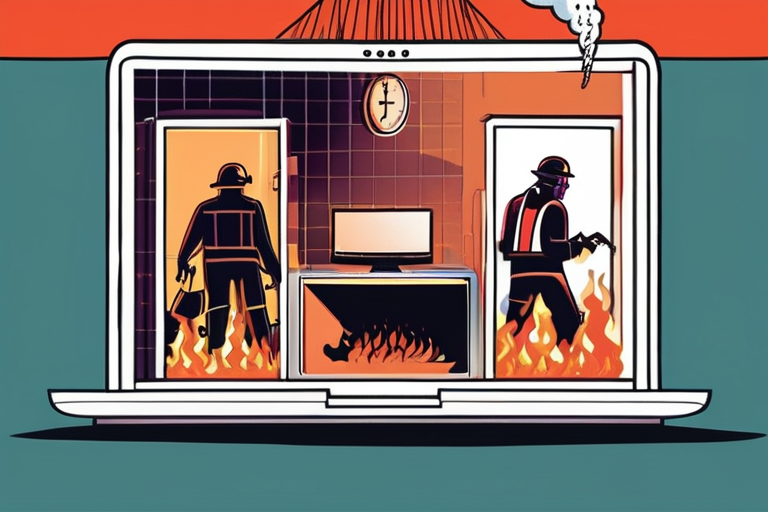



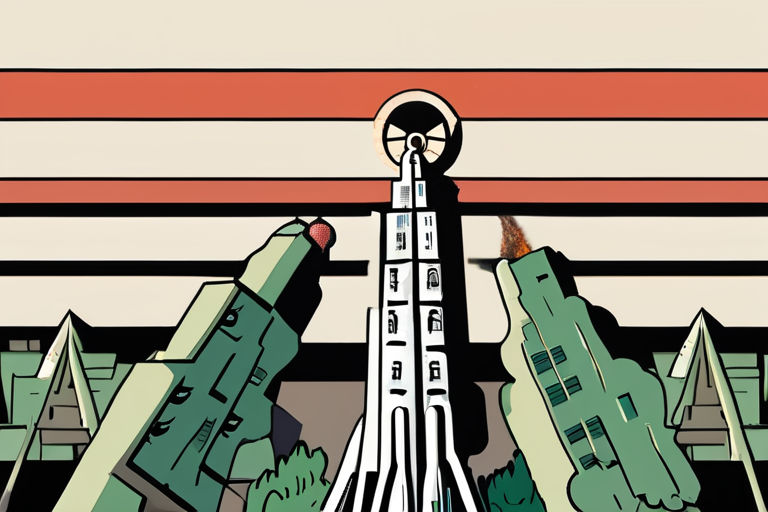
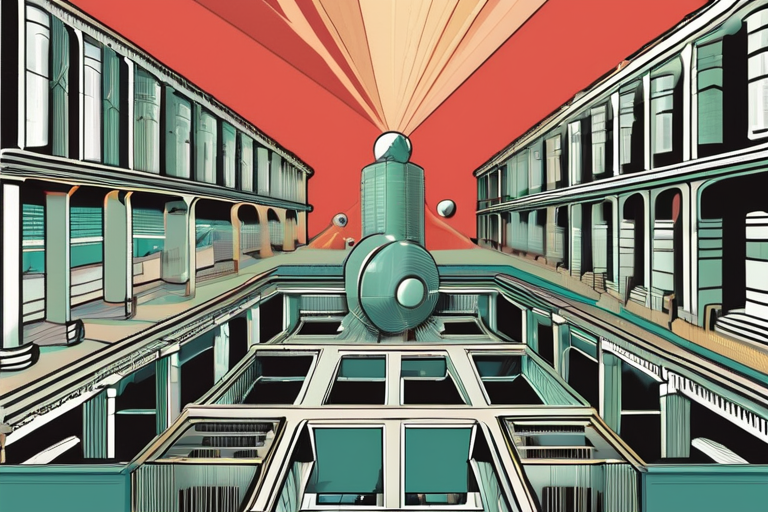
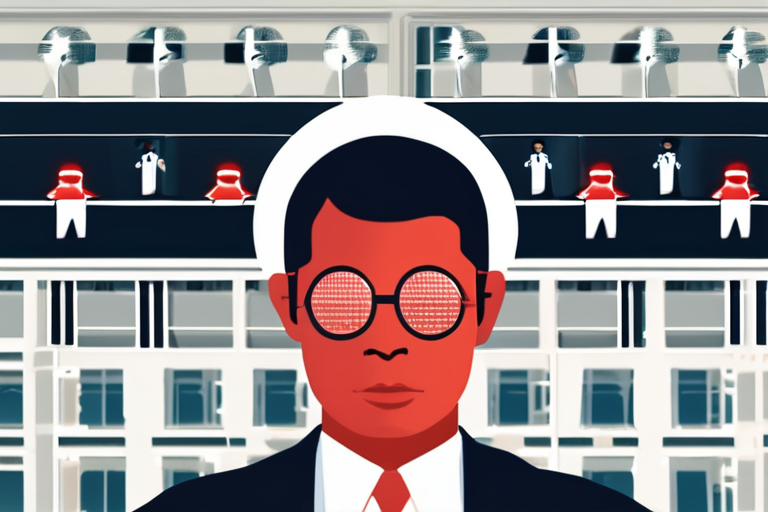
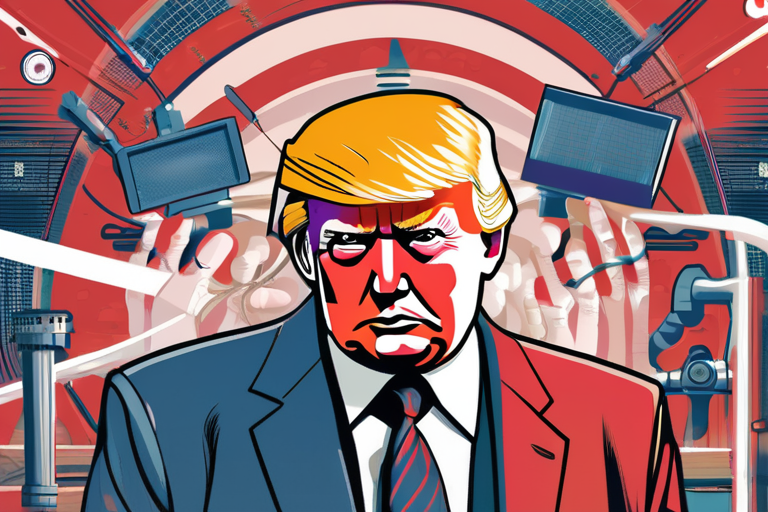
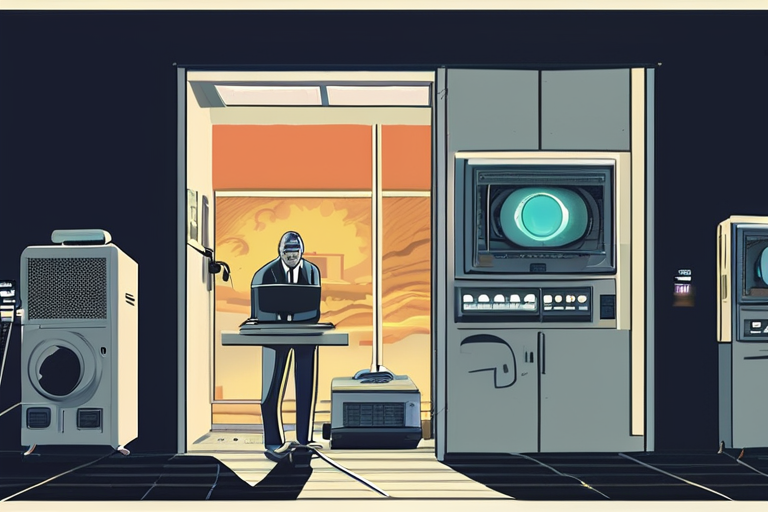
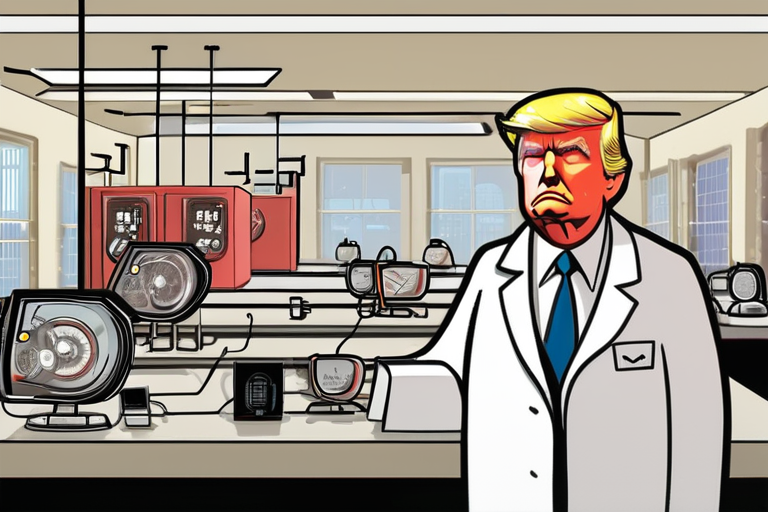
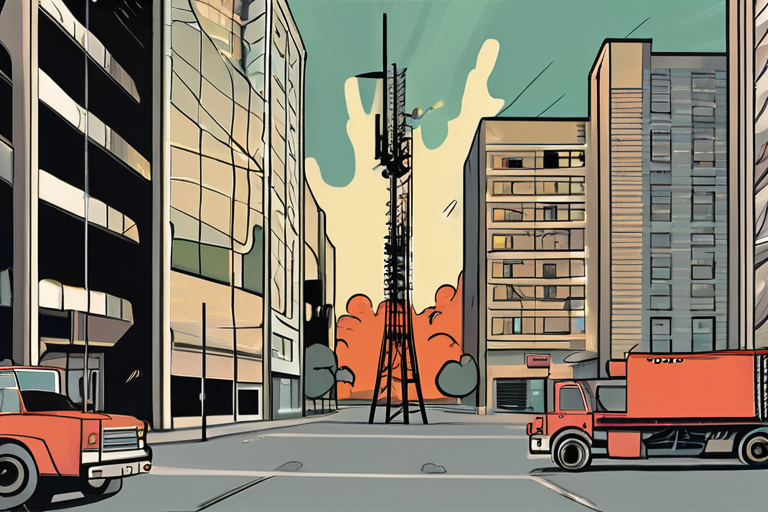
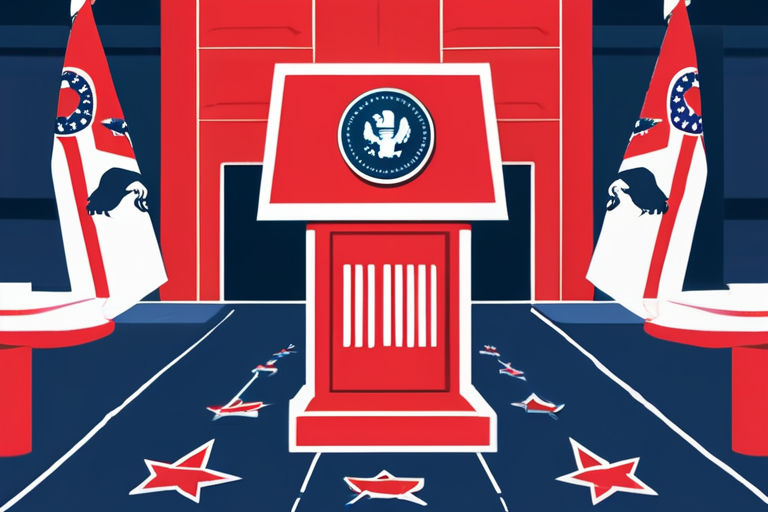
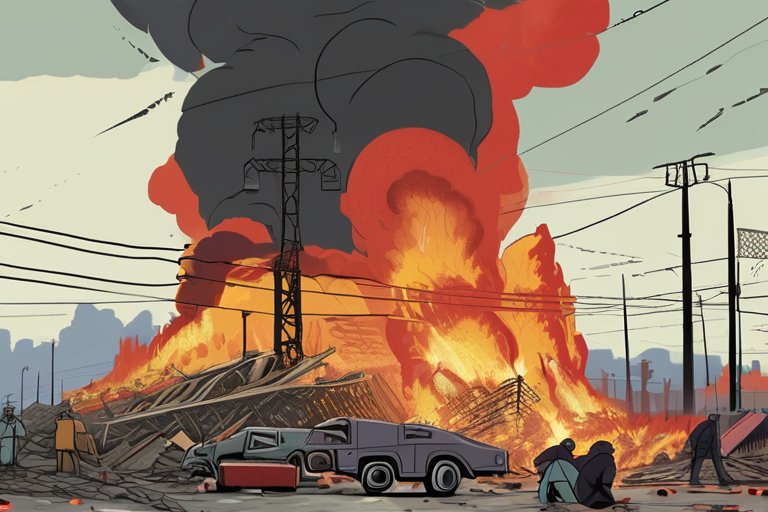
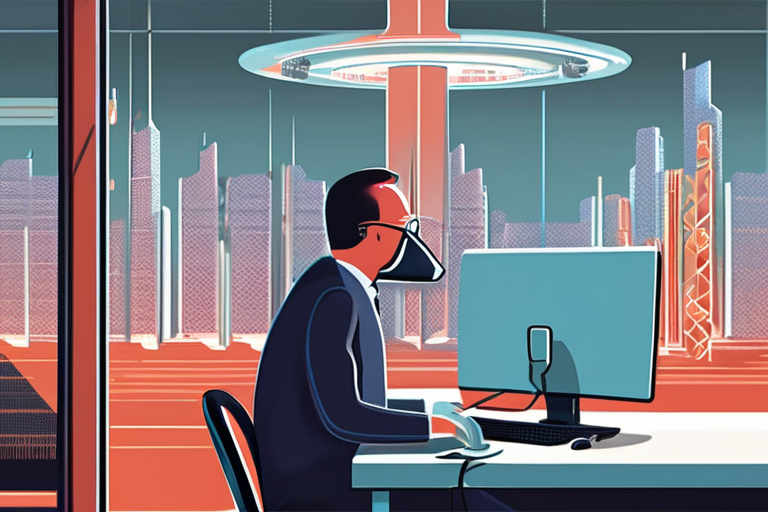
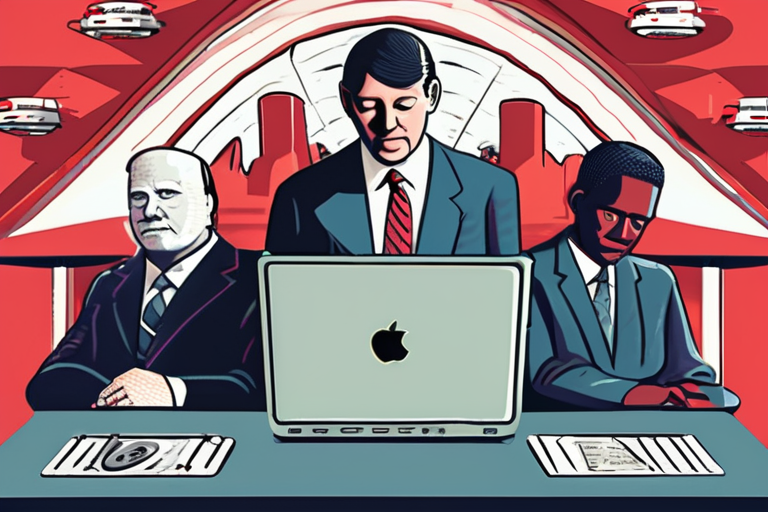
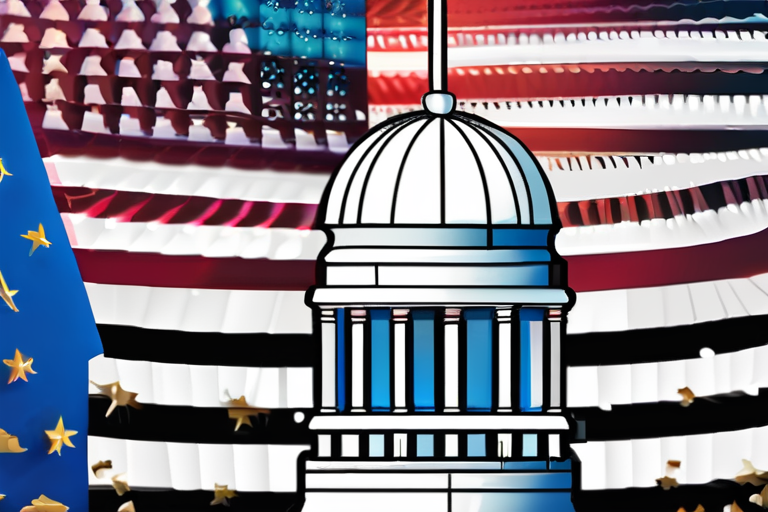
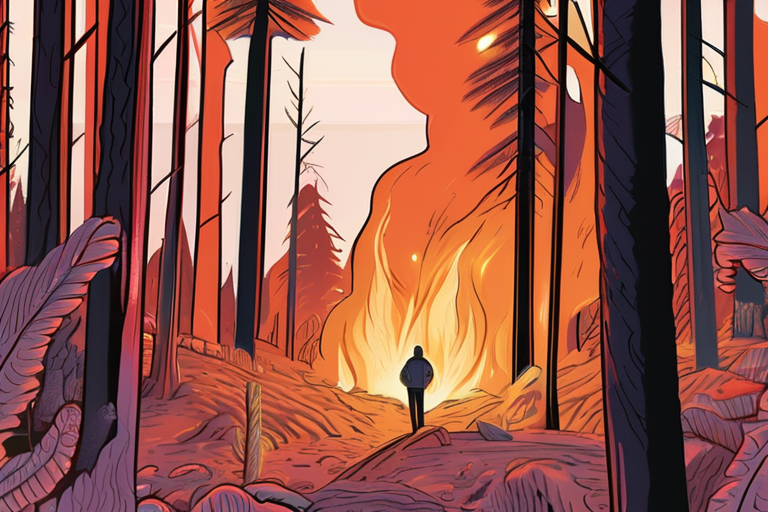
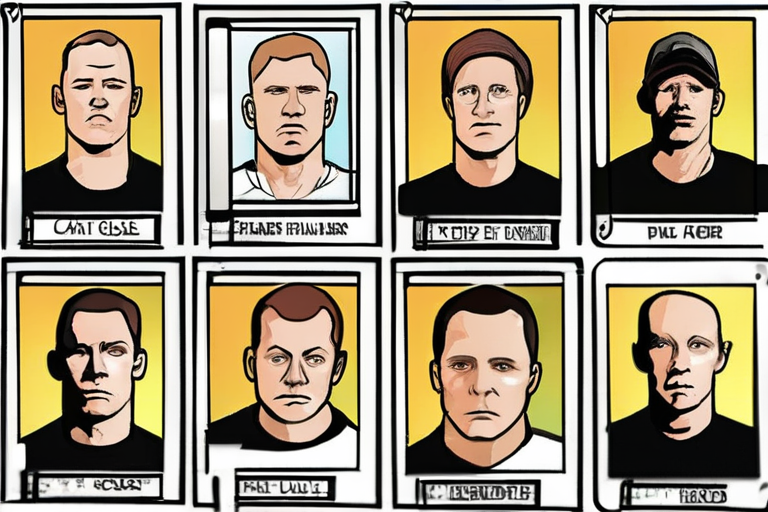
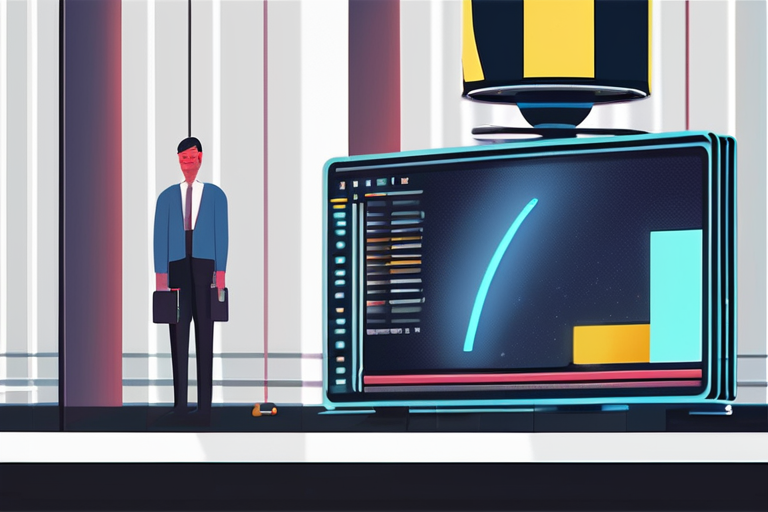
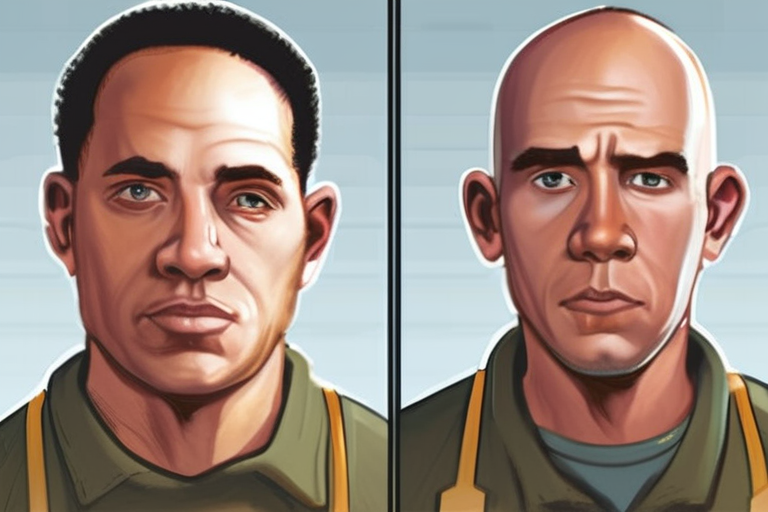
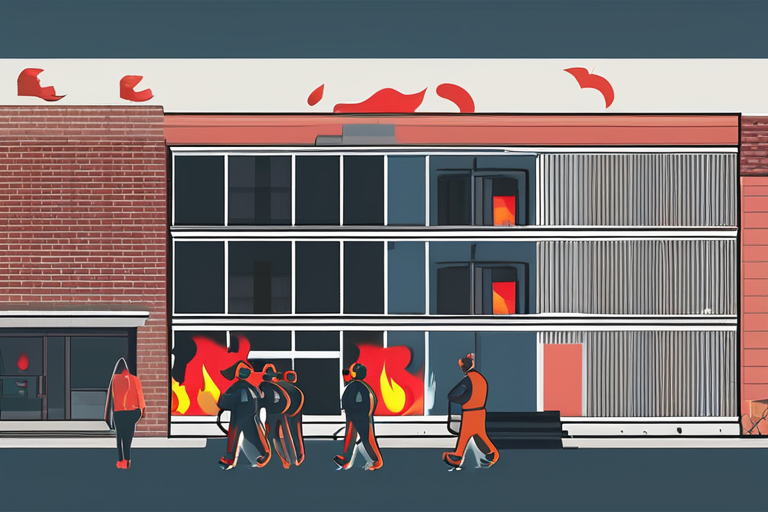


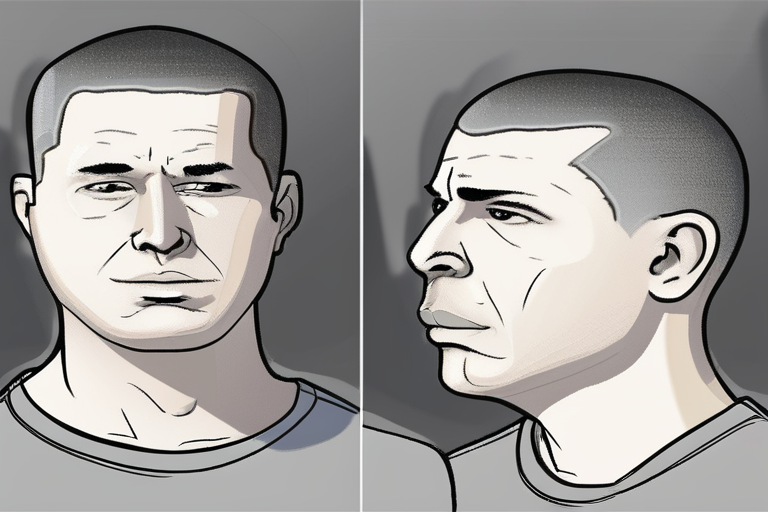
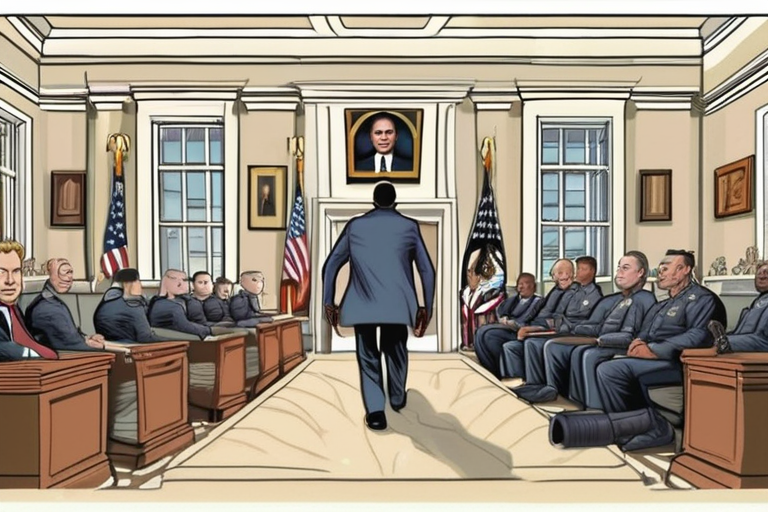
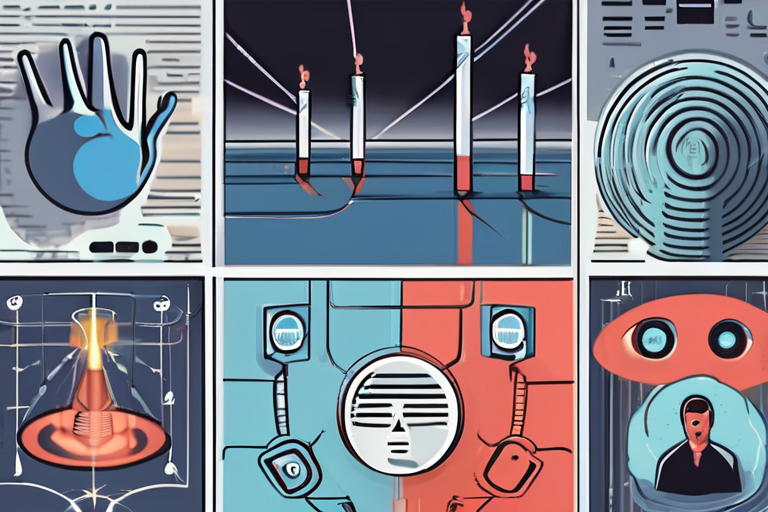
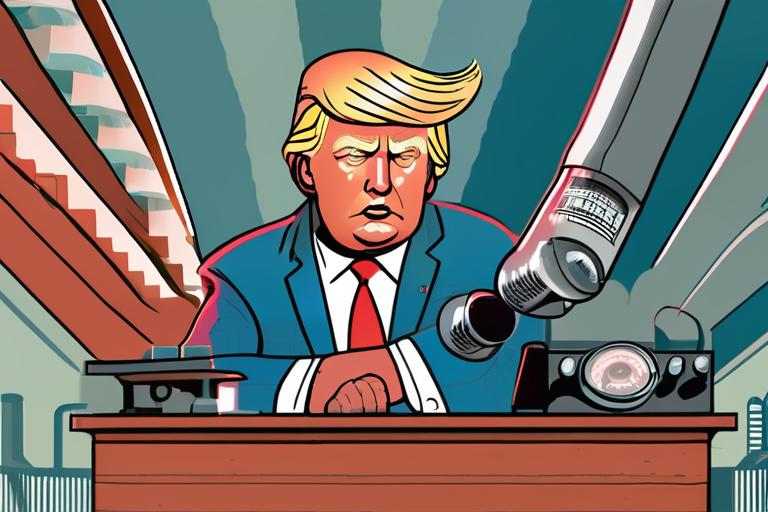
Share & Engage Share
Share this article